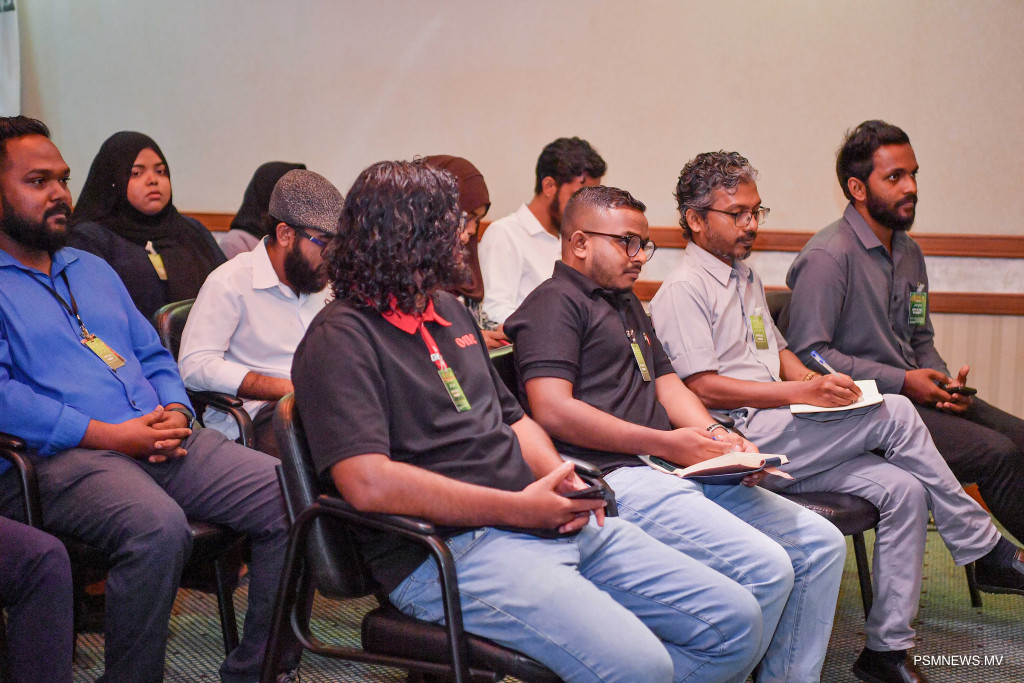
An amendment to the Evidence Act has been proposed to address concerns among journalists about the disclosure of sources in connection with ongoing trials.
The Evidence Act Amendment Bill was introduced by Member of Parliament Ahmed Aslam on behalf of the government. The bill underwent its first reading at Wednesday’s Parliament sitting.
The objective of the proposed amendments is to address the challenges encountered in criminal and civil cases under certain rules of evidence in the Evidence Act and to provide additional procedures to enhance the system. The bill also seeks to address the concerns raised by journalists regarding the current conditions under which journalists are required to disclose sources.
The Evidence Bill proposes amendments to the rules governing written evidence, electronic evidence, material evidence and hearsay evidence. The amendments clarify that a demonstration or experiment may be presented in the court to prove a fact in an ongoing case. While the Evidence Act allows for such submissions, it does not describe these matters in detail. The new amendment also introduces provisions for inspections to establish a fact.
The amendment defines a demonstration as charts, drawings, or models displayed through visual aids or presentations. An inspection involves visiting a location or examining a building or place relevant to the case when the item cannot be brought to the court.
One of the key features of the proposed amendments is the protection of journalists’ sources in ongoing trials. Under the amendment, the Prosecutor-General or the accused may request the High Court to issue a disclosure order revealing a journalist’s source only if it is essential to identify or prosecute an accused in connection with an offence. Such an order may be issued in connection with offenses involving terrorism, unauthorised disclosure of classified information, riots, use of force to overthrow the government, armed aggression, acts undermining national sovereignty, any other act that may endanger national security.
Before issuing such an order, the court must consider whether adequate steps have already been taken to identify the source without involving the journalist or their place of employment, and whether the source remains unidentified despite reasonable efforts.
According to the new amendment, the court is also required to weigh public interest considerations by balancing the need to prosecute an accused against the public interest in protecting the journalists’ sources. The bill outlines the factors to be considered in determining the public interest in non-disclosure. These include:
• The potential harm or adverse effect that disclosure of the identity of the person who provided the information to the journalist may cause to the source or others
• The potential damage to the relationship between journalists and their informants, and the impact on the future ability of journalists to access information
According to the amendment, a decision of the High Court can be appealed to the Supreme Court within 10 days from the date of the decision. The Bill will come into effect upon its passage, ratification by the President and publication in the Government Gazette.
